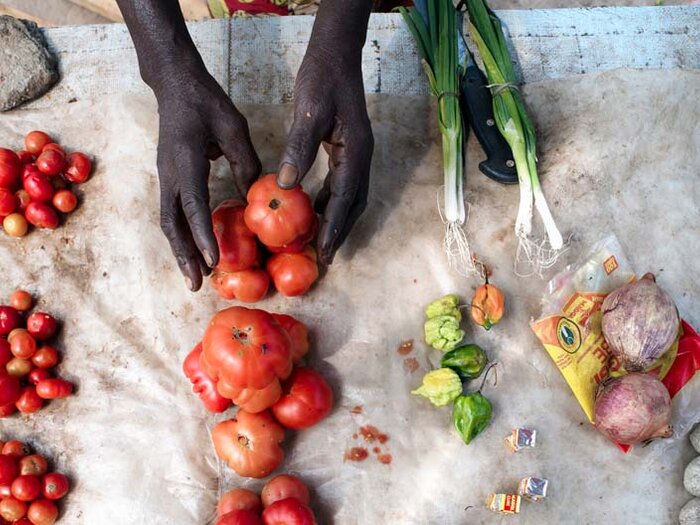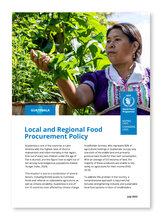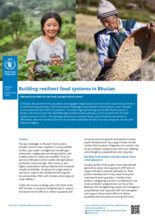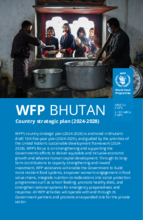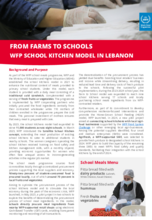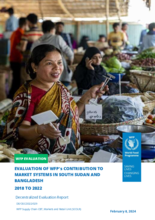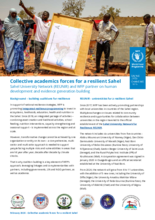Smallholder market support
- 1.2 million-PLUS
- smallholder farmers in 50 countries supported by WFP and partners in 2022
- 123,000
- metrics tons of food bought from smallholder farmers in 2022
- US$71 million
- worth of food bought from smallholder farmers in 2022
Despite producing most of the world’s food, smallholder farmers tend to be food insecure themselves: globally, they form the majority of people living in poverty. Helping raise their incomes and improve their livelihoods holds the key to building sustainable food systems, advancing food security and achieving Zero Hunger.
The World Food Programme (WFP) is well placed to contribute to this process. Thanks to our large demand for staple foods, farmer-directed procurement processes and locally-geared supply chains, many smallholders gain an entry point into formal markets. Encouraged to form associations, they are able to negotiate better, sell more, lower their transaction costs and extend their customer base.
But smallholders continue to face serious constraints. Some are unable to produce enough to last through the lean season. Others may generate a small surplus, yet struggle to make a profit. Overall, smallholders lack access to productive inputs and financing. Post-harvest management, including storage, is often inadequate: crops are exposed to mold, rot and pests. All the while, increasingly extreme weather events add to the challenge: often reliant on rain-fed agriculture, smallholders are powerless in the face of climate hazards.

